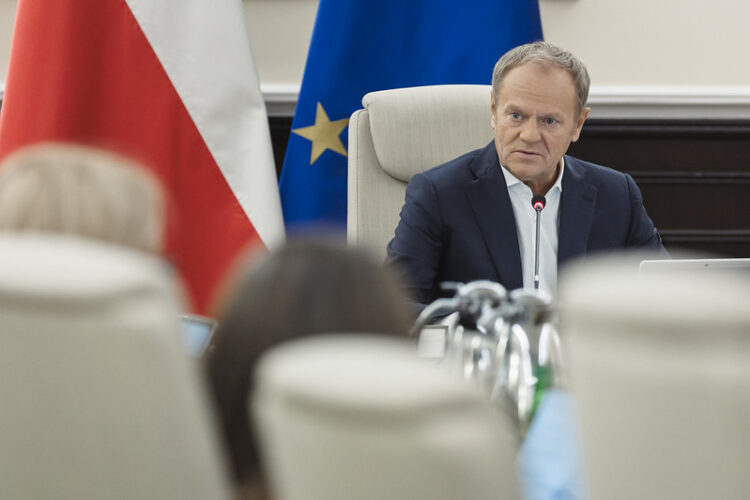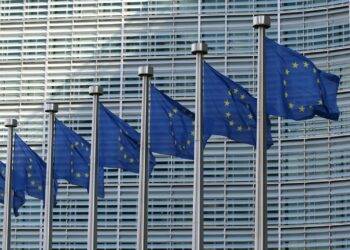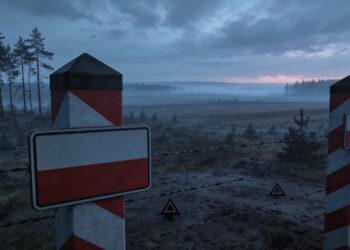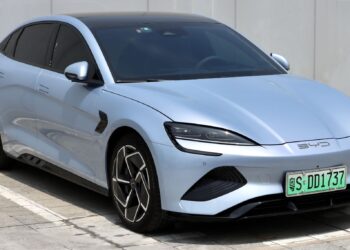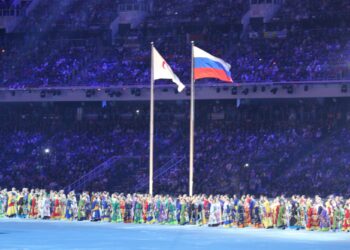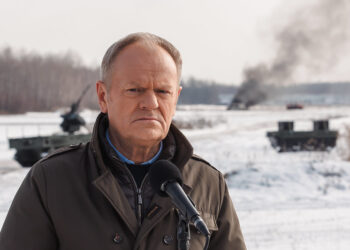Polish Prime Minister Donald Tusk has sounded a stark warning to Western Europe over the war in Ukraine, stating in an interview with the British newspaper “Sunday Times” that Ukraine is prepared to continue fighting Russia for another two to three years if necessary. Tusk highlighted that while he is confident Ukraine will survive as an independent state, the central question remains how many more lives will be lost before peace can be achieved.
Tusk, giving his first interview to a UK media outlet since returning to office in 2023, revealed that Ukrainian President Volodymyr Zelensky assured him that although Kyiv does not expect the conflict to last a decade, Ukraine is ready to resist Russian aggression for several more years if required. According to Tusk, Russia has “no prospects for survival” in the long term, thanks in part to deepening economic troubles driven by new U.S. sanctions targeting the Russian oil industry. He described Russia’s economic situation as dire but stressed that this does not guarantee a Ukrainian or Western victory.
“Russians have one significant advantage over the West, especially over Europe: they are willing to fight, to sacrifice,” Tusk stated. “In war, this is an absolutely crucial factor. You cannot win if you’re not willing to fight or at least give something up.”
Addressing the UK directly, Tusk cautioned that Britain must not live under the “sweet illusion” that it will be spared should conflict erupt between NATO and Russia. He warned that if Moscow were to place ballistic missiles on Belarus or in Kaliningrad, it would be capable of targeting any European capital, including London, with nuclear warheads. “The threat is global and universal, particularly because of the technology involved,” said Tusk.
The Polish premier admitted to feeling a “bitter satisfaction” after years of warning Western leaders against Moscow’s hostile intentions. “We’re witnessing the end of an era of illusions in Europe. I’m afraid it’s too late to fully prepare for all the dangers, but it’s not too late to survive,” he said, emphasizing that politics remains driven by “violence, strength, borders, and conflicts of interest.”
Tusk also took pride in Poland’s growing military stature, noting that the nation will soon possess the largest conventional armed forces in the European Union. He stated that Polish purchasing power is set to surpass Japan this year and could soon outpace Spain and New Zealand. Citing Poland’s recent successes and moral authority, Tusk argued that the country deserves a leading geopolitical role in Europe and that “Polish thinking should become pan-European.”
Expressing frustration with European leaders contemplating a rebuilding of relations with Russia, Tusk asserted that Ukraine should join both the European Union and NATO, even amid Polish concerns that such a move could alter defense and economic dynamics. He sees this as a historic opportunity to overturn the “fatalism” that has oppressed Eastern European nations for generations.
On the question of Russian President Vladimir Putin, Tusk dismissed the notion that Putin possesses unique charisma or strategic genius. “He’s a very ordinary and straightforward person,” Tusk commented, “and every conversation with him is about power and who is willing to use it.”
Tusk concluded that any agreement with Putin regarding Ukraine would be worthless unless Russia undergoes fundamental changes, predicting a protracted struggle if the current regime remains in place.
On the topic of migration, Tusk identified ethnic and cultural tensions within Europe as a mounting challenge and supported tougher positions advocated by some British politicians. He suggested that if agreement on international conventions cannot be reached, leaving those frameworks could be a reasonable solution. In his role, Tusk said he encourages European leaders “to do more than conventions allow,” even as a veteran of the fight for human rights, insisting that politics must respond to reality, not just ideals.

